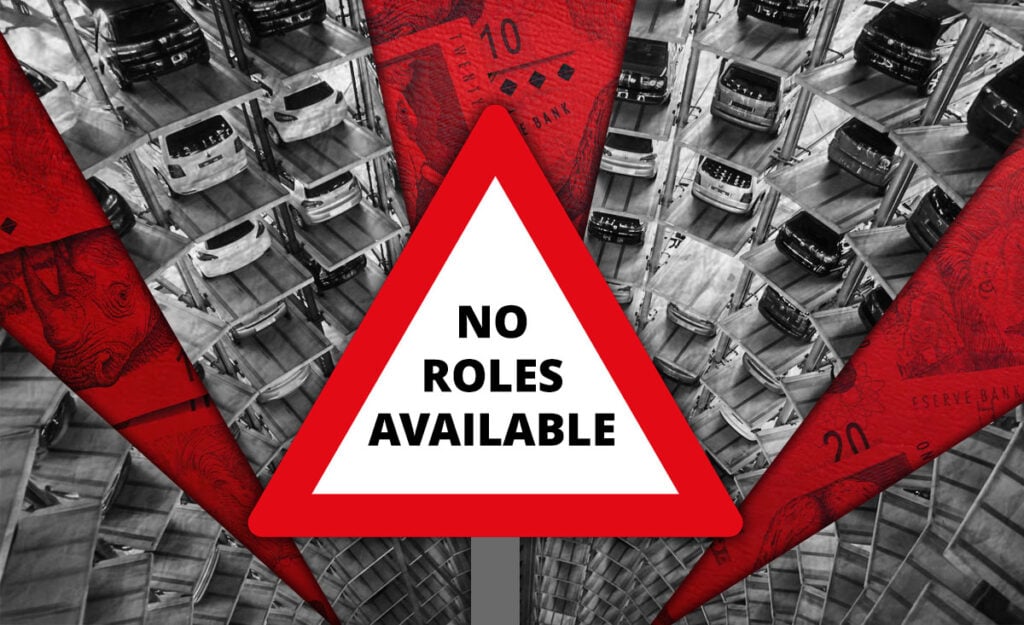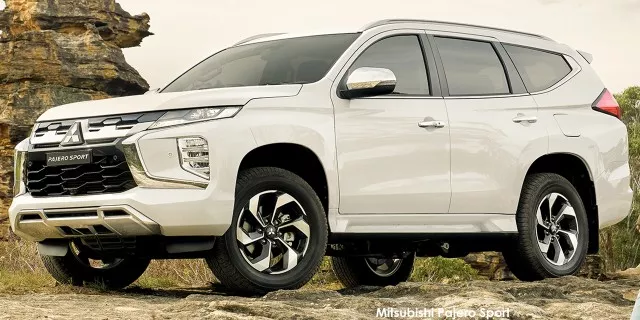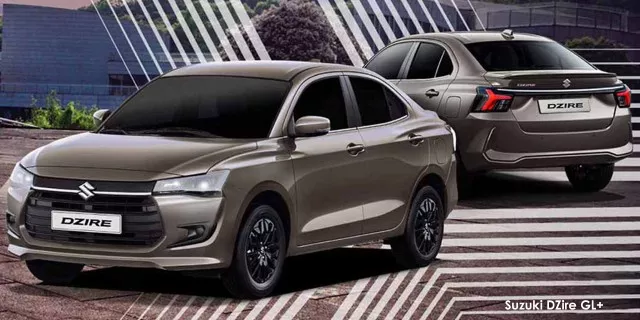
The South African automotive industry risks shedding as many as 16,000 jobs over the planned closure of ArcelorMittal South Africa’s (AMSA) speciality steel plants.
In early January, AMSA made headlines when it announced that it would be shuttering its Newcastle and Vereeniging blast furnaces which are the only producers of auto-grade long-steel products in the country.
The primary reason for the closure is an inability to make these plants profitable due to poor rail service, high electricity fees, a flood of low-cost imports, and government policy that keeps the price of steel scrap — used as a raw material by AMSA’s smaller rivals — artificially low.
The company has been at loggerheads with policymakers for the better part of the last decade, leading it down the path to close its factories.
Nationwide impact
Renai Moothilal, CEO of the National Automotive Component and Allied Manufacturers (Naacam), highlighted that the shuttering of AMSA’s plants stands to hurt not only original equipment manufacturers (OEMs) but the country as a whole.
The factories produce a very unique grade of steel employed in the automotive assembly process that requires stringent testing before it can be put to use.
It thus takes a long time to find a suitable alternative supplier, however, the industry does not have this luxury as AMSA provided but a four-week closure notice.
While AMSA first communicated its intention to shut down the branches in late 2023, there have been several constructive engagements with the company ever since which led industry stakeholders to believe that they could rely on the continued operation of these steel mills.
“The first formal communication that this was a problem was late 2023 when ArcelorMittal first announced through a SENS that they were planning to close the Newcastle furnace,” Moothilal told 702’s John Perlman.
“But, since then, there have been extensive engagements not just with AMSA but with various impacted industries as well as the relevant authorities and government departments that have a strong role to play, and during the course of last year, as a sector we were given a level of comfort that the shutdown was not imminent.”
Moothilal said that plans were in place to address AMSA’s grievances and that, until the end of 2024, things were still moving in this regard.
As such, the country’s OEMs weren’t overly incentivised to pursue the costly process of finding a suitable alternative.
Naacam, as well as major OEMs including Toyota and VW, have pleaded to AMSA and the South African government to find plans to avoid the closures or at the very least delay them for another year to enable the entities to find alternative suppliers for the important material so as to avoid production delays.
“What we’re looking for, in the best-case scenario, is that that furnace continues to run, but if not, there’s got to be a way of delaying the shutdown to at least allow the auto sector 12 months timing and buffer stock build-up that allows some of the contingency plans to be put in place,” said Moothilal.
The auto-manufacturing industry is one of the biggest contributors to the nation’s GDP, accounting for roughly 5% per annum.
Therefore, apart from the cost of lost jobs, stalled vehicle production could have severe knock-on effects on the country’s economy.
“South Africa competes with other locations globally for the award of assembly of vehicles,” said Moothilal.
“For example, to use a random OEM terminology, Toyota South Africa is competing with other Toyota plants globally for the number of one-tonne pickups that they assembly here.”
As a result, should a domestic OEM fall behind its global peers solely due to production hiccups as a result of AMSA’s plant closures, it could drive future investment decisions by its parent company to other countries.
“I don’t think the investments that have already been put down are immediately at risk other than from volume production perspectives,” said Moothilal.
“But, long term, it becomes harder to build a business case.”
AMSA’s planned shutdowns also undermine the South African Automotive Industry Masterplan 2035.
One of the key tenets of this roadmap is to increase localisation of content in South African-made vehicles – which can be described as the portion of locally sourced components found in locally made cars.
Should OEMs no longer be able to rely on AMSA for their steel needs, it will force them to look elsewhere, potentially overseas, which will hinder the implementation of the masterplan.









